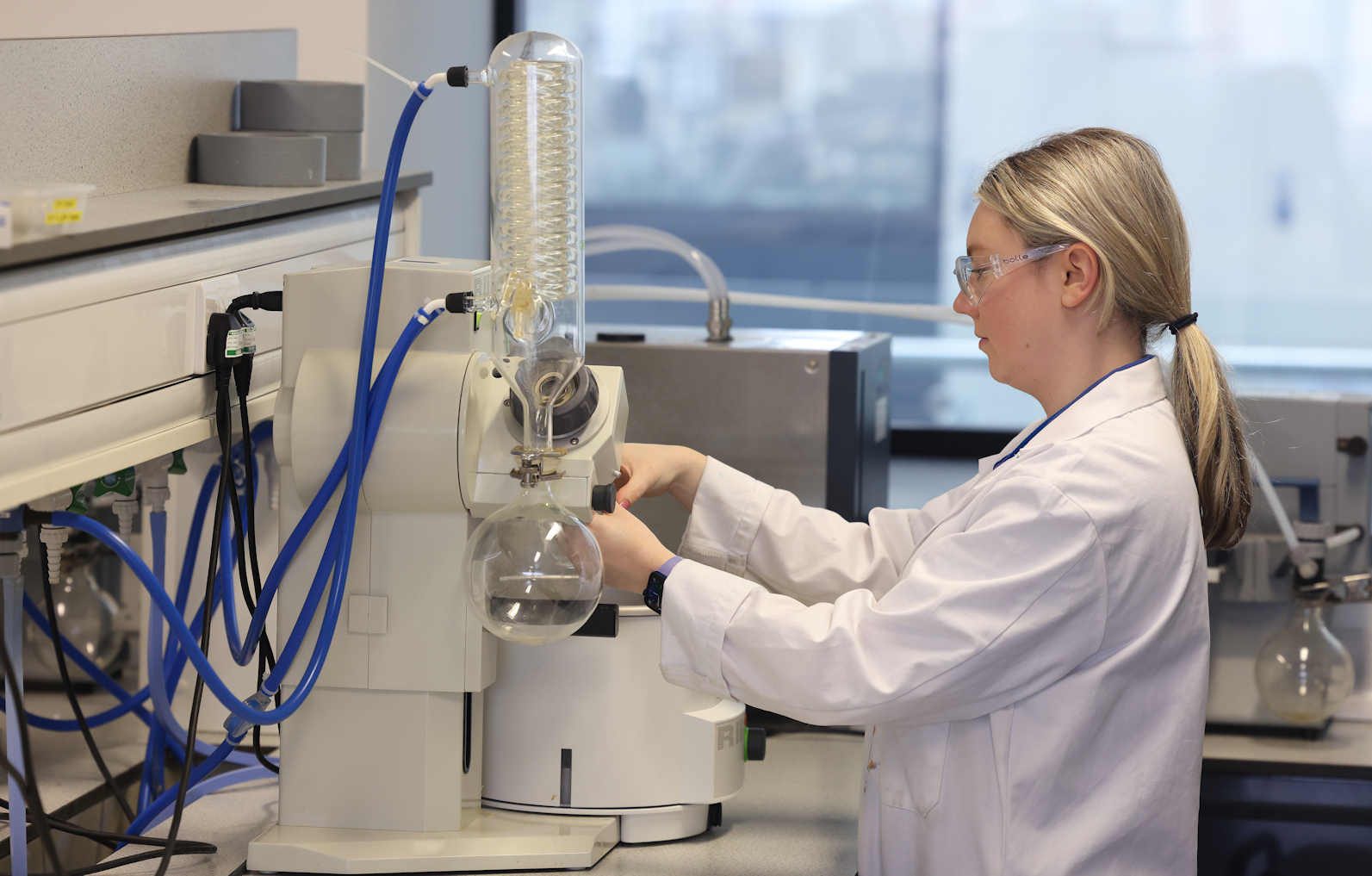
This week, the University of Liverpool is proud to support Climate Impact Week 2025, which brings together voices from across sectors, to take meaningful action on climate and nature.
Launching in Liverpool and facilitated by the 2030hub, one of only four UN Local2030 Coalition Hubs worldwide, Climate Impact Week offers a powerful platform to accelerate the Sustainable Development Goals (SDGs) through local advocacy, action and measurable impact.
Our commitment
At the University of Liverpool, Climate Impact Week reinforces the commitments outlined in our Sustainability Strategy and Liverpool 2031, while also highlighting our leadership in embedding sustainable practices across research, education, and operations. A key example is our implementation of the Laboratory Efficiency Assessment Framework (LEAF), a national standard for improving the sustainability of laboratories and technical workspaces. This work is further supported by the Interdisciplinary Centre for Sustainability Research (ICSR) and the Centre for Sustainable Business, which bring together cross-disciplinary expertise to tackle the complex challenges of climate change, from advancing scientific innovation to shaping sustainable economic practices.
View this post on Instagram
Leading through LEAF
Developed by University College London, LEAF enables lab users to take practical actions to reduce plastic waste, water consumption, and energy use, while creating a culture of sustainability across research environments. Since adopting LEAF as the University’s sustainability standard for all laboratories in mid 2022, our progress has been significant.
As of today, 95% of the University’s laboratories across all three faculties hold a LEAF award, with 57% achieving Bronze, 37% Silver, and 6% Gold status. Achieving Gold status requires laboratories to meet 43 distinct sustainability criteria, including data-driven energy monitoring and proactive resource management. Technicians and academic staff collaborate to optimise energy use, identify inefficiencies, and implement evidence-based improvements, demonstrating how sustainability and scientific excellence go hand-in-hand.
Embedding sustainable research practices
Laboratories play a critical role in advancing science, but they are also resource-intensive, using up to 10 times more energy per square metre than office spaces and contributing an estimated 2% of global plastic waste. The University is actively implementing practical measures to reduce this impact, including:
- Replacing plastic consumables with reusable glass alternatives
- Washing and reusing items such as pipettes and tissue culture flasks
- Improving energy efficiency through smart freezer and fume hood management
- Reducing water waste by minimising autoclave cycles and using waterless condensers
For instance, ultra-low temperature (ULT) freezers can consume as much energy as a UK household each year. Adjusting the temperature from -80°C to -70°C can reduce energy use by up to 30%. Likewise, switching from water-cooled to air-cooled condensers can save thousands of litres of water per experiment.

Find out more
To hear more, listen to our Laboratory Sustainability Officer, Jenna Lowe on the latest episode of the Science and Healthcare Sustainability Podcast, released today, where she discusses her technical expertise and how she is influencing the whole University to become more sustainable in laboratory and technical areas.
For more information on sustainable laboratory practices or to get involved with LEAF, visit the University’s LEAF webpages.
Discover more about Climate Impact Week and opportunities to participate in events happening throughout the city here.